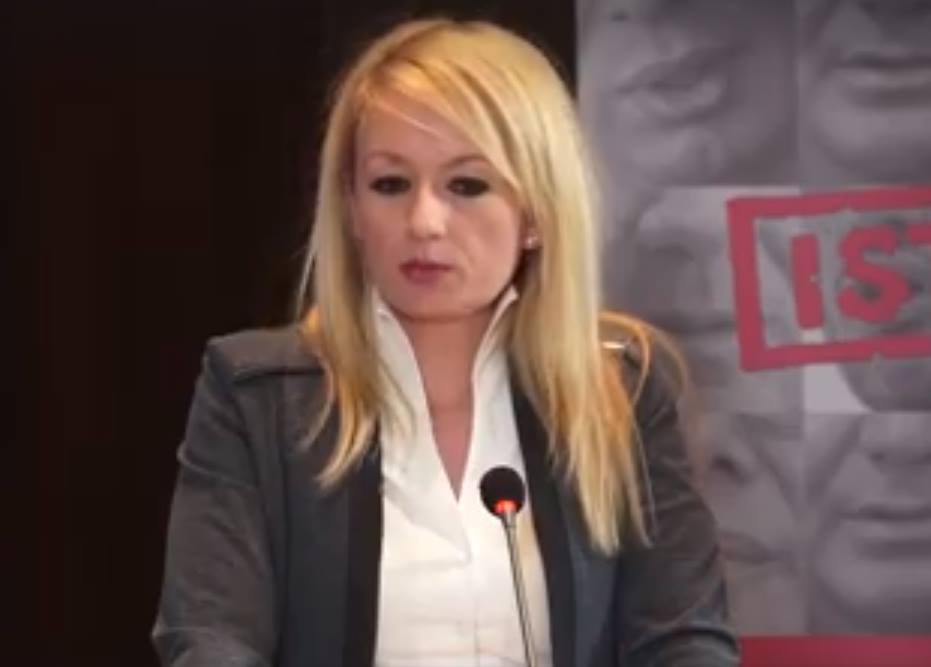By eadaily.com
Can Serbia join the EU and avoid joining NATO, a military alliance which members are EU countries and that had been bombing Serbia in 1999 for 80 days running? Will Belgrade manage to protect its military sovereignty while being on the way to European integration, the way the other countries of the region are following? What advantages expect Serbia if it is finally granted the long-awaited EU membership and what hardships will the Russian-Serbian relations face in future? Director of the Belgrade-based Center for Geostrategic Studies Dragana Trifkovic answers these and other questions of EADaily.







